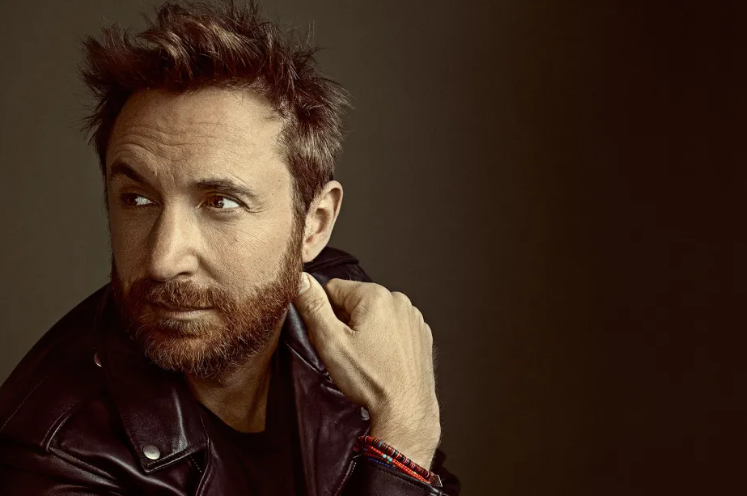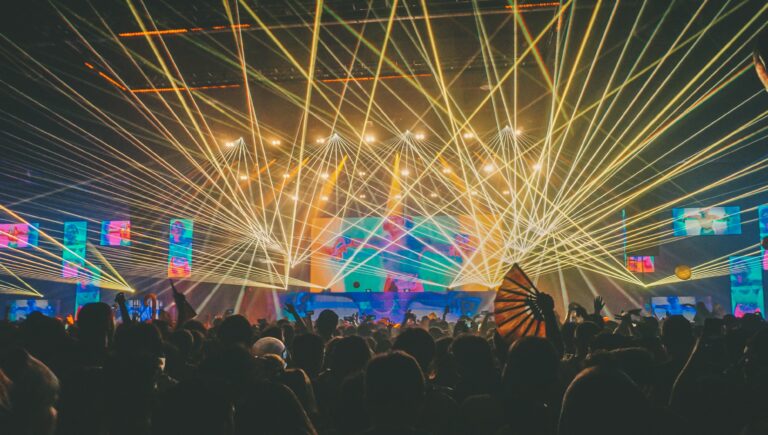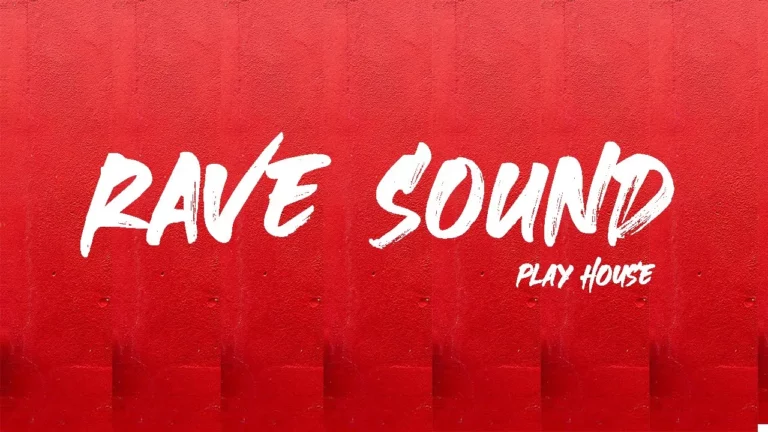Tour Dates | Shop | Contact
David Guetta’s name has been associated with electronic music for so long that, at this point, his influence feels almost foundational. His career spans more than twenty years, and in that time he’s managed to stay both commercially successful and creatively visible — not just in club circuits, but also on mainstream radio and across major festivals around the world.
From Nightclubs to Pop Charts
Guetta didn’t always operate at the level of global headliner. In the early 2000s, he was more of a fixture in French and European house circles. It wasn’t until the late 2000s that his career took a sharp upward turn, especially with One Love (2009), an album that included collaborations with artists like Akon and Kelly Rowland. “When Love Takes Over” and “Sexy Bitch” introduced Guetta to wider pop audiences. His co-production on Black Eyed Peas’ “I Gotta Feeling” also helped bridge EDM with pop-radio formats.
By the time Nothing but the Beat dropped in 2011, featuring hits like “Titanium” with Sia, Guetta had essentially carved out a model that others would later follow — combining emotional pop vocals with polished electronic production. This crossover style became the default sound of the early 2010s dance-pop era.
A Festival Mainstay
Fast-forward to 2025, and Guetta is still headlining major festivals. He performed again at Tomorrowland this summer, one of many return appearances at the Belgian event. His sets include legacy tracks, of course, but also newer material and collaborations. This blend seems intentional — a way to keep longtime fans engaged while also appealing to younger audiences discovering his music for the first time.
Unlike some DJs who stick closely to pre-recorded sets, Guetta often integrates edits, mashups, and special live arrangements. The sets are built for mass audiences — high energy, high familiarity — but there’s still attention to dynamics and flow.
Why He’s Still Relevant
Guetta’s collaborative strategy has been a big part of his sustained visibility. He doesn’t just partner with trending vocalists — he also collaborates with producers like MORTEN, with whom he launched the “Future Rave” concept in 2019. That project, which leans into darker tones and more hypnotic builds, has allowed Guetta to show another side of his work, different from the big-room style that first brought him mainstream fame.
Even now, he continues to release remixes and reworks of current tracks. His recent spin on Lola Young’s “Messy” is one example. He also reintroduced “I Don’t Wanna Wait” in a club-ready format, reflecting his interest in keeping up with — and often ahead of — shifting trends in sound design and structure.
Numbers That Back It Up
On Spotify alone, Guetta pulls over 40 million monthly listeners, a number few in the EDM scene can match. Catalog tracks like “Play Hard,” “She Wolf,” and “Titanium” remain popular and regularly chart on editorial playlists. These numbers aren’t just legacy plays — they reflect sustained user engagement over time.
He’s also remained active in the industry beyond the studio. Two Grammy wins, multiple Billboard and MTV Europe Music Award nominations, and consistent media presence all contribute to his profile.
More Than a Performer
Guetta’s response to the COVID-19 lockdown period was notable. His “United at Home” livestreams attracted massive digital audiences and raised money for pandemic relief. The production quality of those shows stood out — filmed in scenic locations with full lighting rigs and multiple camera angles. In a moment where many DJs were experimenting with virtual performance, Guetta managed to make it feel like an actual event.
Conclusion
It’s hard to pinpoint just one reason David Guetta is so famous. It’s more a combination of things: the timing of his breakthrough, his adaptability, his collaborations, and his understanding of how to work both the underground and the mainstream. He’s stayed in the conversation by being aware of where dance music is going — and by positioning himself just ahead of it.
In an industry where a lot of producers fade after a hit or two, Guetta has managed to do the opposite. Whether you’re hearing his music on festival grounds or on a pop playlist during a morning commute, it’s clear he’s not going anywhere anytime soon.
To discover more rising young artists influenced by David Guetta; you can listen to Play House available on all major streaming platforms.



